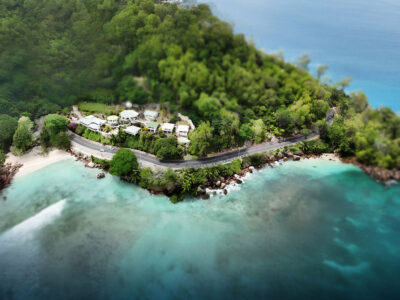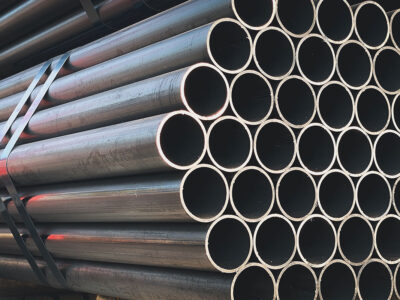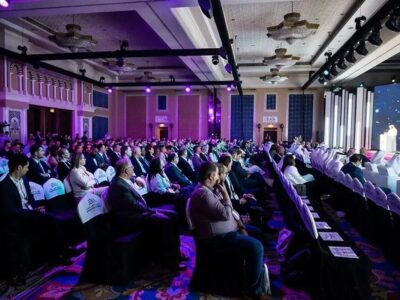A second owner of an island on Nakheel’s The World development in Dubai has expressed their frustration at the lack of progress on the project.
Nepalese billionaire Binod Chaudhary, who owns the island Nova Scotia, told Arabian Business Dubai government-owned Nakheel was failing to live up to its end of the deal offered when it sold the 300 artificial islands in 2007-08.
The entire development, located 4 km off the coast of Dubai, epitomised the emirate’s boom-time ambition and helped launch Nakheel’s reputation for man-made islands.
The project ran aground in the wake of the global financial crisis with only one buyer managing to begin construction.
Owners have told Arabian Business they have been unable to develop the islands due to a lack of vital infrastructure.
Conglomerate Chaudhary Group had planned to build a luxury resort similar to its successful hotels on two Maldives islands but the project has not even reached the design stage.
“We know we can create something very interesting and very different and that was the vision when we entered in this island,” Chaudhary told Arabian Business.
He said the project was no longer viable because Nakheel had not provided infrastructure, utilities or accessibility, while there were also concerns about the islands sinking.
“Nakheel feels that it’s not [their] problem. [They think] ‘we’ve sold and you’ve bought and it’s your responsibility’, and the developers feel that the ground rules have changed, the market values have changed [and] there are technical issues. So [Nakheel and the developers] have to come forward to find a solution,” Chaudhary, who lives in another Nakheel development, Jumeirah Island, said.
He has dropped plans to develop the island but said he would resume interest if Nakheel was willing to negotiate.
“We are waiting; when it becomes important for Nakheel to do something about The World I’m sure we’ll engage,” he said.
“[But] the level of excitement that we had when we bought, to be honest, it’s not there. It would be such a shame, both for Nakheel as well as for Dubai [if the islands were not developed].
“The Palm, the Burj Khalifa and The World, I think, were some of the iconic developments which conveyed a certain message to the whole world about Dubai.
“Dubai should live up to its expectation. [But] I don’t get any signal that it is anywhere close to Dubai’s priority.”
The owner of another island, who asked to remain anonymous, also criticised Nakheel during an exclusive interview with Arabian Business in February.
“What is very obvious is that The World is on hold,” he said.
“No work is going on in the logistics hub. In order to start [work] on the project Nakheel needs to finish the logistics and transportation hubs, which are still not in place.
“Nearly all of the island owners would sell. Many owners [want to sell their islands]… because everybody wants a piece of land that they can develop and generate income.
“Even if you have an island that is 100 percent paid [for], you don’t have the infrastructure and the [logistics] hub so you can’t build on it.”
The island named Lebanon sold on November 18, 2012, according to filings on the Dubai Land Department website. The sale represents a loss of US$6.8m for owner Wakil Admed Azmi, an Indian businessman.
However, Chaudhary said he was not considering selling Nova Scotia.
“We’re committed to Dubai, we want to do something there but we’ll do it when it makes a practical proposition,” he said.
“I have a lot of respect for Nakheel but I think Nakheel needs to sort out some of the extra baggage.
“To be fair to Nakheel, the downturn was not on their side but that’s over now. Now, it’s time for them to come up with a business-wise, fair, sustainable solution.”
Nakheel has previously said that 70 percent of the 300 manmade islands are sold and that building work is the responsibility of the owners.
The company had not responded to Arabian Business‘s request for comment on the matter at the time of publication.








